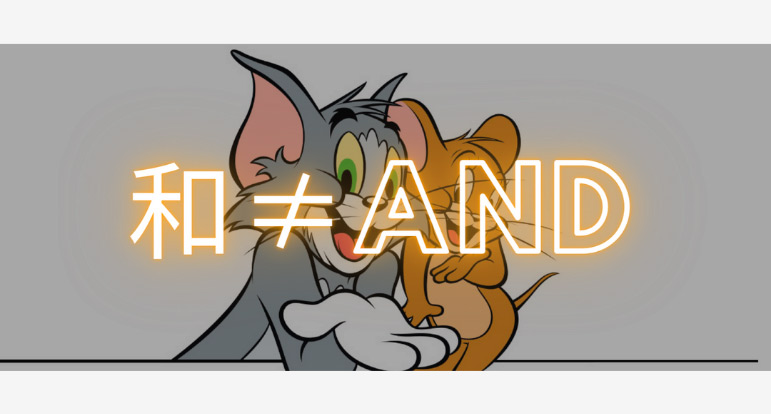Sep.24, 2020
We normally learn the vocabulary of a foreign language based on the direct translation.
In most cases, especially for nouns, this works perfectly well.
But when it comes to other types of words such as adverbs, conjunctions, you can go easily wrong when simply translating these words.
And especially one word large amounts of Chinese learners have been misunderstanding since the beginning of their learning. I feel like it can't be more necessary to explain this basic word "和" here in detail.
This word is "和 hé",English translation - and.

Influenced by English, students often say something like:
他昨天告诉我了,和我同意了。
Tā zuótiān gàosu wǒ le, hé wǒ tóngyì le.
He told me yesterday and I agreed.
This sentence was translated perfectly except for "and". Chinese people don't use "hé" to link sentences.
In the previous case, you can simply drop "和hé" to make the grammar right.
他昨天告诉我了,我同意了。
Tā zuótiān gàosu wǒ le,wǒ tóngyì le.
In English, "and" is totally fine to link two independent sentences. Whereas in Chinese use of “hé” is much more limited.
The first restriction is shown above: "和hé" can't be used as a link between two sentences.
What other limitations "和 hé" has?
To understand this better, why don’t we first check how we use the English "and" and then see how it works in Chinese?
1. You can use English "and" to link two English verb phrases:
I want to learn Chinese and work in China.
In Chinese, you cannot link the phrases with "和 hé". Instead, you better use "并且 bìngqiě":
我想学习中文并且在中国工作。
Wǒ xiǎng xuéxí zhōngwén bìngqiě zài zhōngguó gōngzuò.
2. In English, you can use "and" to link two statements about
events when one of the events follows the other:
He said goodbye and went away.
In Chinese, you cannot link the phrases with "和(hé) ". Instead, you should use "然后 ránhòu", then:
他说了再见,然后走了。
Tā shuō le zàijiàn,ránhòu zǒu le.
3. In English, you use "and" to connect two statements when the second statement is based on the previous one but meaning that the result of the action was (very much) ok. For instance:
You did it and did it well.
In Chinese, you can't link the phrases with “和 hé”. Instead, you use "而且 ěrqiě":
你做了而且做得很好。
Nǐ zuò le érqiě zuò de hěnhǎo.
4. In English, you use "and" to link adjectives:
I want to find a fun and efficient course.
In Chinese, you can't use "和 hé" to link "fun 有趣" and "efficient 高效". You can either use the HSK3 structure "又 adj1 又 adj2",or simply, don't use any conjunction:
我想找一个又有趣又高效的课程。
Wǒ xiǎng zhǎo yíge yòu yǒuqù yòu gāoxiào de kèchéng.
我想找一个有趣高效的课程。
Wǒ xiǎng zhǎo yíge yǒuqù gāoxiào de kèchéng.
Please note that in all the above sentences you can translate the "并且","而且", etc. simply as "and".
So where and how on earth do we use "和 hé"?
As a conjunction, "unfortunately" 和(hé) can only be used to connect nouns(pronoun) or noun phrases:
我很喜欢他的工作态度和方法。
Wǒ hěn xǐhuān tā de gōngzuò tàidù hé fāngfǎ.
I like his working attitude and method.
我和你所有的朋友们为你骄傲。
Wǒ hé nǐ suǒyǒu de péngyou men wèi nǐjiāo'ào.
All your friends and I are proud of you.
That's all for today. You got it?
So from now on don't use "和hé" in the English way anymore but in the proper Chinese way to connect nouns.
That's the first step to get rid of English flavor in your Chinese!
Of course, "和hé" does have a lot of other usage as a preposition or in certain structures. We will continue to talk about it in another article. That's all for today. Leave us a comment if you have any question!
Most Popular Posts
